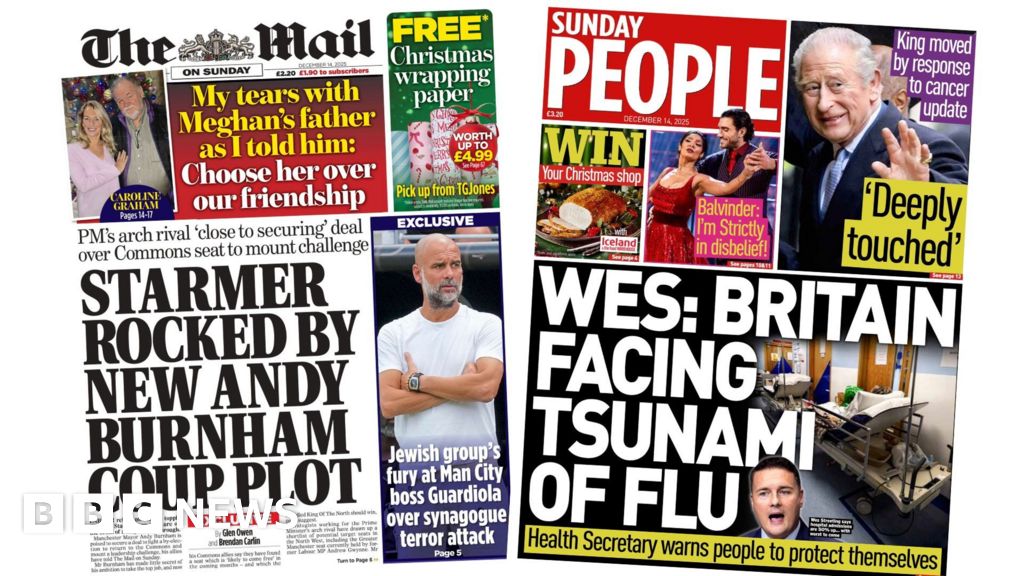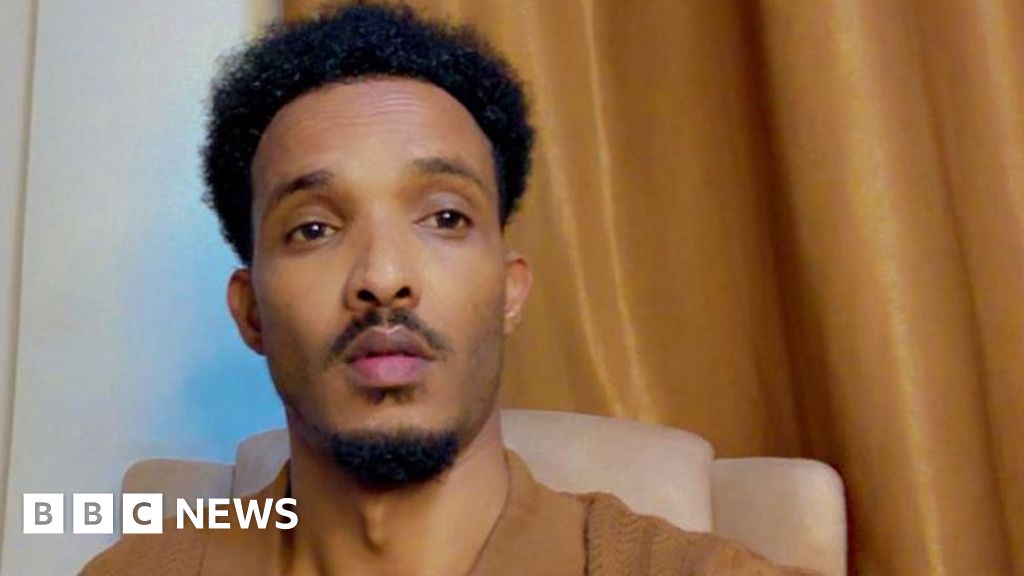Smitha Mundasad
Health reporter
Resident doctors say they have had "constructive discussions" with the Health Secretary, Wes Streeting, and talks will continue over the next few days, in an attempt to avert planned strike action.
The doctors, previously known as junior doctors, announced last week that they will walk out for five consecutive days from 25 July until 30 July in a dispute about pay.
Representatives of the doctors' union, the BMA, said the discussions so far have involved looking at "creative solutions" and "nothing is off the table".
The government has insisted it cannot improve its offer of a 5.4% pay increase for this year but is considering other measures to improve working conditions.
Speaking straight after the talks, Mr Streeting said: "We had a constructive conversation with the BMA today and we'll be having further conversations in the coming days to try to avert strike action.
"While we cannot move on pay after a 28.9% pay rise, we are working on areas where we can improve working lives for resident doctors.
"Strikes have a serious cost for patients, so I am appealing to the BMA to call them off and instead work together to improve their members' working conditions and continue rebuilding the NHS."
Representatives of the BMA union said there was a "window of opportunity" for further talks to develop.
Dr Ross Nieuwoudt, said: "We explored many issues, spoke about a lot of things at high levels, looking at creative solutions to finding a genuine path to improving the value of being a doctor in the UK.
"Nothing is completely off the table."
Resident doctors were awarded an average 5.4% pay rise for this financial year, which will go into pay packets from August, following a 22% increase over the previous two years.
The BMA argues that in real terms resident doctors' pay is still around 20% lower than it was in 2008.
The claim is based on a measure of inflation called the Retail Price Index (RPI). This includes housing costs and interest on student loans and shows higher price increases than some other inflation measures.
The BMA says this year's 5.4% increase doesn't take them far enough down the path to restore pay to its value 17 years ago.
Announcing the strikes last week, Dr Melissa Ryan and Dr Ross Nieuwoudt said doctors had been left with "no choice" without a "credible offer to keep us on the path to restore our pay".
But, Streeting called the strike "unnecessary and unreasonable", adding: "The NHS is hanging by a thread. Why on earth are they threatening to pull it?"
He says resident doctors have received the largest pay rises of any public sector employees over the last three years and the government won't be offering any further increases.
But recent talks suggest other measures are being considered, including improvements to doctors' working conditions.
Resident doctors took part in 11 separate strikes during 2023 and 2024.
In order to end the previous strikes last year, the incoming Labour government awarded a backdated increase worth 22% over two years.
The action in England will not affect resident doctors in Scotland, Wales or Northern Ireland, who negotiate directly with their devolved governments on pay.
Resident doctors' basic salaries in England currently range from £37,000 to £70,000 a year for a 40-hour week, depending on their years of experience, with extra payments for working nightshifts and weekends.
.png)
 4 months ago
16
4 months ago
16








 English (US) ·
English (US) ·